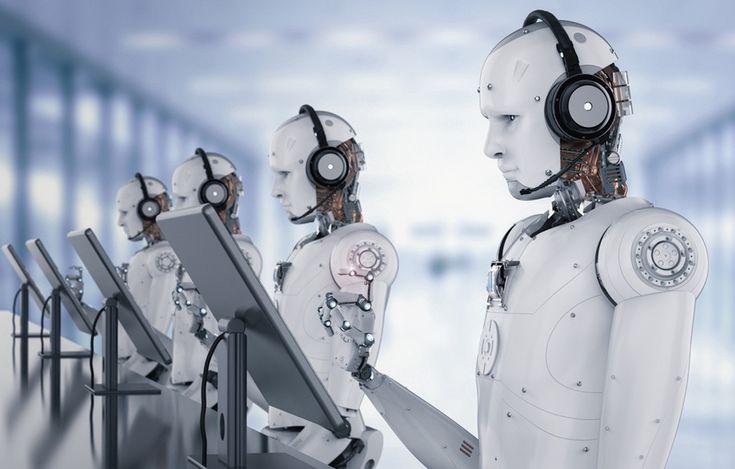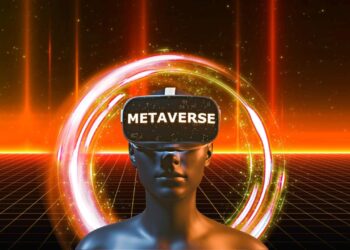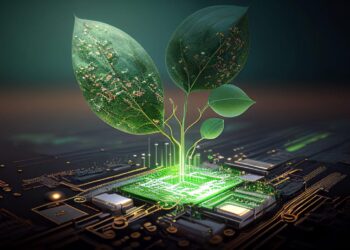In the modern workplace, we are drowning in a sea of digital noise. The relentless barrage of emails, the endless administrative tasks, the constant switching between a dozen different software platforms—it’s a form of digital friction that drains our most valuable resources: time, focus, and creativity. For years, the promise of technology was to alleviate this burden. Yet, for many, it has only increased the complexity. Today, we stand at the precipice of a new technological revolution, one that finally delivers on that promise through the rise of AI Agents.
This is not just another incremental update to your favorite productivity app. AI agents represent a fundamental paradigm shift in how we interact with technology. We are moving away from a command-based relationship, where we tell our tools exactly what to do step-by-step, to a goal-oriented one, where we simply state our desired outcome and delegate the entire process to an autonomous entity. These agents are more than just assistants; they are digital employees, capable of reasoning, planning, and executing complex, multi-step tasks on our behalf.
This in-depth guide will explore the transformative world of AI agents. We will deconstruct what they are and how they differ from the AI you know today, showcase their revolutionary applications across various industries, and analyze the profound benefits they bring to both individual professionals and large-scale enterprises. We will also navigate the challenges and ethical considerations on the path to this automated future, providing a complete picture of the technology set to redefine work as we know it.
Beyond Chatbots: What Exactly Is an AI Agent?
To grasp the power of AI agents, it’s crucial to distinguish them from their simpler AI cousins, like chatbots and basic automation scripts. A chatbot, for example, is reactive; it responds to a specific prompt and its capabilities are confined to a predefined set of functions. An AI agent, on the other hand, is proactive and autonomous. It possesses a far more sophisticated architecture that allows it to act independently to achieve a goal.
Think of it this way: if you ask a chatbot to find flight prices, it will give you a list. If you give an AI agent the goal, “Book the most cost-effective round-trip flight to London for me for the conference in the second week of November, ensuring I arrive the day before it starts and leave the day after it ends, and add it to my calendar,” the agent will perform the entire sequence of tasks without further input. It will check your calendar for the conference dates, browse multiple airline websites, compare prices and layovers, make the booking using your stored payment information, and then create a calendar event with all the relevant details.
This autonomy is made possible by a few core components working in synergy:
- A. Perception and Data Gathering: Agents use a variety of tools, such as Application Programming Interfaces (APIs) and web scraping, to perceive their digital environment. They can read emails, access databases, browse the internet, and understand the content and context of information from countless sources.
- B. Sophisticated Planning: Once an agent is given a high-level goal, its “brain”—often powered by a Large Language Model (LLM) like GPT-4 or Claude—breaks that goal down into a logical sequence of smaller, executable steps. It creates a dynamic to-do list to reach the final objective.
- C. Action and Execution: The agent can then take action in the real world. It can send emails, fill out forms, execute code, purchase items, and interact with different software applications just as a human would. It has the digital “hands” to carry out its plan.
- D. Memory and Self-Correction: A crucial element is memory. Agents can remember the results of their previous actions, learn from their mistakes, and adjust their plan if they encounter an unexpected obstacle. If a website is down, it will try another. If a flight option is sold out, it will find the next best alternative. This ability to adapt and learn is what makes them truly intelligent.
The Revolution in Practice: AI Agents Transforming Industries
The theoretical promise of AI agents is already translating into tangible, real-world applications that are reshaping workflows across the board. From personal productivity to complex enterprise operations, these autonomous systems are creating unprecedented levels of efficiency.
A. For the Individual Professional: The Supercharged Assistant
For solo entrepreneurs, freelancers, and busy executives, AI agents act as the ultimate force multiplier, automating the administrative overhead that stifles deep work.
- Intelligent Travel and Schedule Management: As described earlier, agents can handle every aspect of complex travel planning. They can also manage your calendar with a new level of intelligence, automatically rescheduling conflicting appointments based on priority, booking meeting rooms, and even ordering catering.
- Proactive Research and Reporting: Imagine giving an agent a goal like, “Compile a report on the top five competitors in the electric vehicle market, focusing on their latest product launches, financial performance, and marketing strategies. Create a 10-slide presentation summarizing the key findings.” The agent would scour the web for financial reports, press releases, and news articles, synthesize the data, and generate a draft presentation for your review.
B. For Business Operations: Automating Entire Departments
At the organizational level, AI agents are being deployed to streamline and automate core business functions, leading to dramatic gains in productivity and cost savings.
- Marketing and Sales Automation: A marketing team could deploy an agent with the goal of “launching a targeted ad campaign for our new software product on LinkedIn and Twitter.” The agent could identify the target audience based on CRM data, generate multiple versions of ad copy and creative, deploy the ads across platforms, monitor their performance in real-time, and automatically reallocate the budget to the best-performing ads.
- Next-Generation Customer Support: While chatbots handle basic FAQs, AI agents can resolve complex customer issues from end to end. An agent integrated with e-commerce and logistics systems could handle a query like, “My order hasn’t arrived.” It would autonomously check the order status, identify a shipping delay from the courier’s API, proactively email the customer with an updated delivery date, and issue a partial refund or discount voucher for the inconvenience, all without human intervention.
- Software Development and IT Operations: The emergence of specialized agents like Devin AI has shown the immense potential in this field. An agent can be tasked with “fixing a bug reported in ticket #784.” It can read the bug report, access the codebase, write the necessary code to fix it, run tests to ensure the fix doesn’t break anything else, and submit the code for review. In IT, agents can monitor network performance, detect security threats, and automatically scale server resources based on user traffic.
The Quantifiable Benefits of an Autonomous Workforce
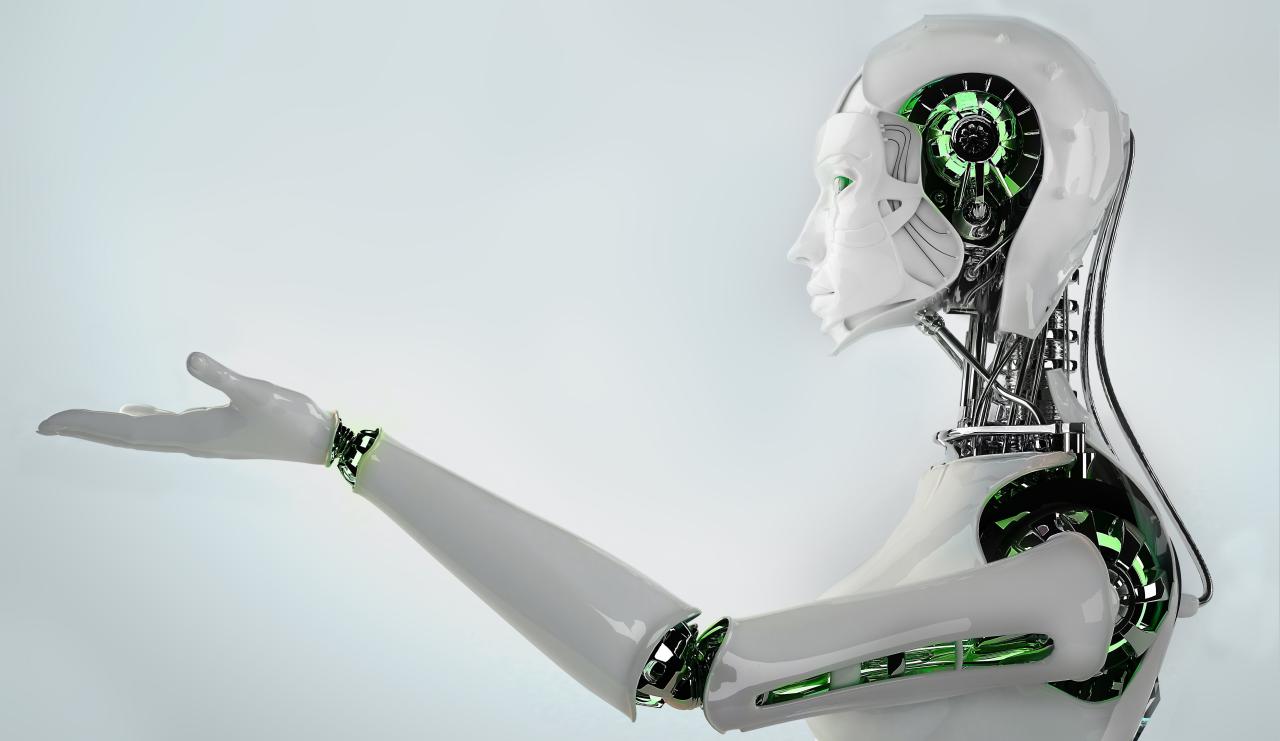
Adopting AI agents is not just about convenience; it’s a strategic business decision with a clear and compelling return on investment. The advantages ripple across an entire organization.
- A. Exponential Productivity Gains: Agents automate entire workflows, not just individual tasks. This frees up highly skilled human employees from mundane, repetitive work, allowing them to focus exclusively on strategic thinking, innovation, and complex problem-solving where human ingenuity is irreplaceable.
- B. Significant Cost Reduction: Tasks that once required entire teams of people can now be handled by a fleet of AI agents. This reduces overhead related to labor, training, and human error, allowing companies to do more with less.
- C. Unwavering Accuracy and Compliance: AI agents execute processes with machinelike precision. They follow protocols perfectly every time, eliminating the risk of human error in data entry, financial calculations, or compliance procedures.
- D. 24/7/365 Operations: Your digital workforce never sleeps. Agents can continue to run campaigns, respond to customers, and monitor systems around the clock, ensuring business continuity and a competitive advantage in a global market.
- E. Effortless Scalability: When your business grows, you don’t need to go through a lengthy hiring and onboarding process. You can simply deploy more agents to handle the increased workload, allowing for near-instant and seamless scalability.
Navigating the Future: Challenges and Ethical Considerations
The journey toward a fully agent-driven workflow is exhilarating, but it is essential to proceed with caution and awareness of the inherent challenges.
- A. Security, Control, and Accountability: Granting autonomy to an AI that can spend money or access sensitive data is a significant security risk. Robust “human-in-the-loop” systems are critical, requiring human approval for high-stakes actions. Clear lines of accountability must be established for when an agent makes a mistake.
- B. The “Black Box” Dilemma: With some complex deep learning models, it can be difficult to understand precisely why an agent made a particular decision. This lack of transparency can be problematic in regulated industries like finance and healthcare.
- C. Data Privacy Concerns: To be effective, agents need broad access to company and customer data. This raises major privacy issues, demanding strict data governance policies and adherence to regulations like GDPR.
- D. The Impact on Human Employment: The concern that AI will displace human workers is valid. The transition will likely see the automation of many current roles, necessitating a societal focus on reskilling and upskilling the workforce for new jobs that are more collaborative, strategic, and creative in nature.
The Dawn of True Delegation
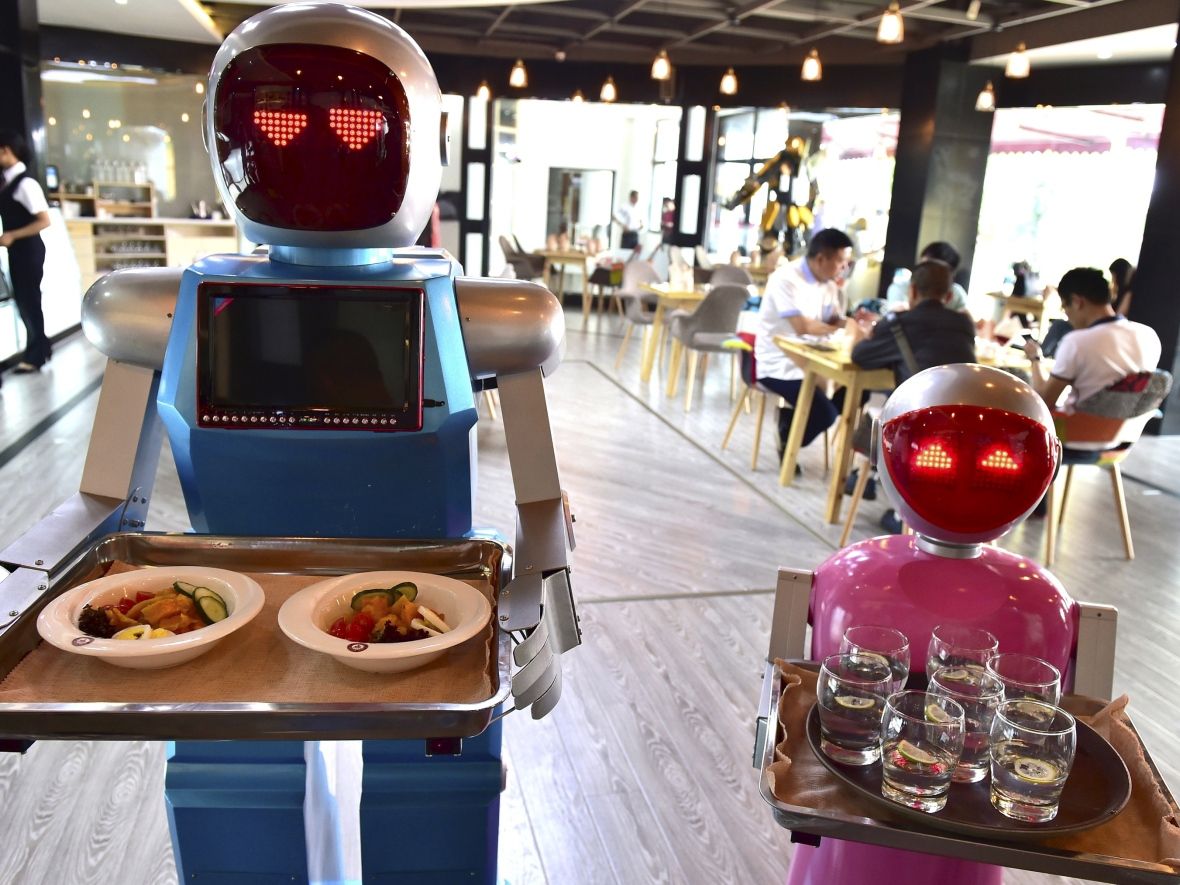
AI agents are more than just the next step in automation; they represent the dawn of true digital delegation. We are beginning to build a world where the bottleneck is no longer our ability to execute tasks but our ability to imagine and define ambitious goals. The shift is from being a worker to being a manager of workers, some of whom happen to be digital.
The revolution will not happen overnight, but its foundations are being laid today. By starting to experiment with agent-like functionalities in existing tools and strategically identifying workflows ripe for automation, individuals and businesses can prepare for a future of unprecedented productivity. The era of being busy is ending; the era of being effective, powered by a tireless digital workforce, is just beginning.

